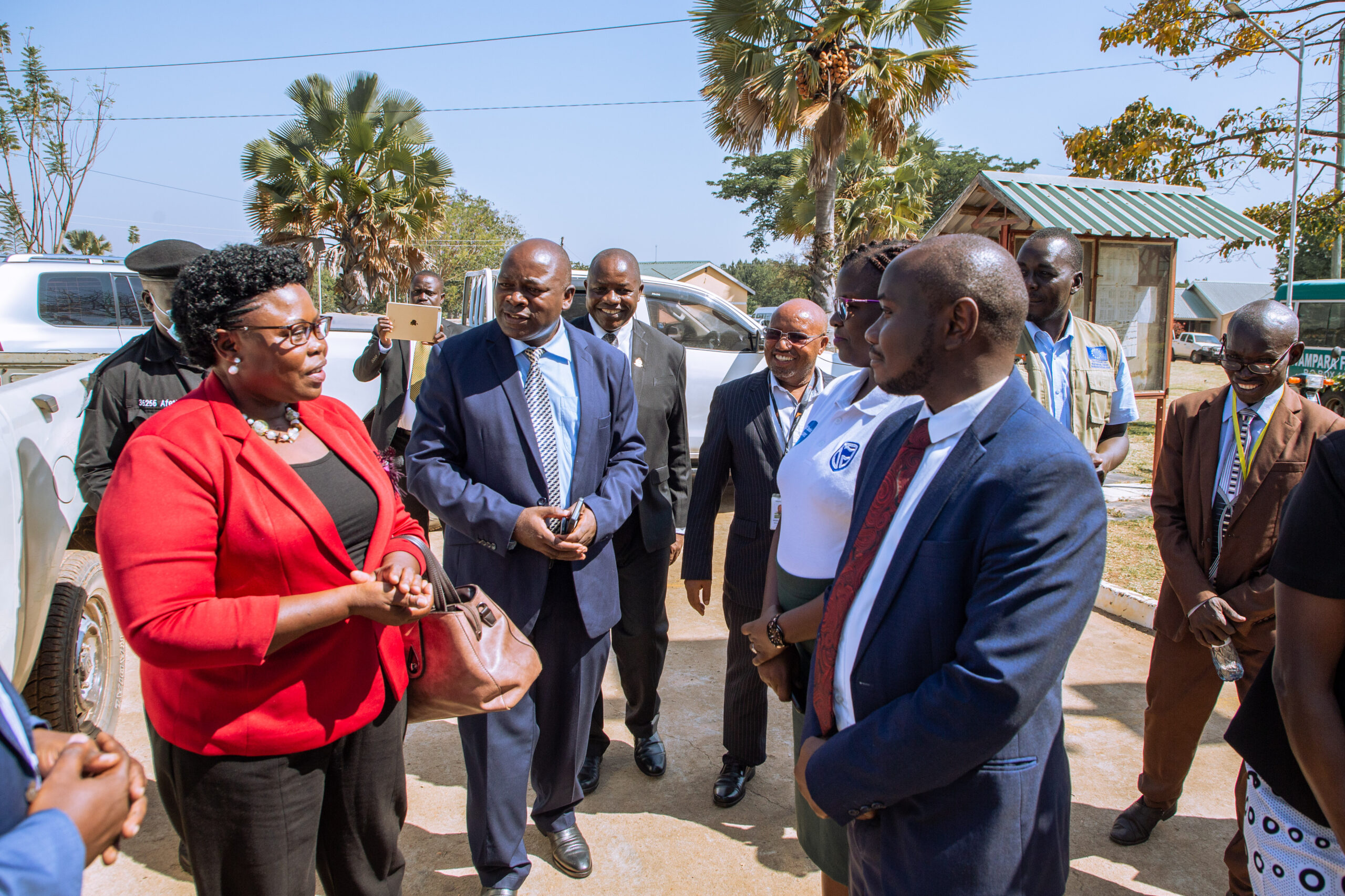
Ms. Barbra Kasekendi Stanbic Bank Corporate Social Initiative (CSI) Manager.
Uganda’s youth unemployment rate is an issue of deep concern for a country with the world’s youngest population. According to the Uganda Bureau of Statistics (UBOS), 78% of Ugandans are below the age of 30 with just under 8 million youth aged between 15 and 30. The country has one of the highest youth unemployment rates in Sub-Sahara Africa. Every year, 4 million young people enter the workforce. This number is expected to increase to over 8 million by 2040.
With a population growth rate that is not in tandem with the prevailing job market, sustainable solutions have to be implemented. This cannot be a one man effort but rather a deliberate action from both the public and private sectors.
As such, Stanbic Bank Uganda, together with the Ministry of Education and Sports, have been organizing the annual National Schools Championships (NSC) for the last 2 years. The bank identified and recognized the need to equip secondary school students with financial and entrepreneurial skills as a vital part of its Corporate Social Initiative (CSI).
Currently in its 3rd edition, NSC involves reaching out to students at a pivotal level of their education, before they join university, college and other tertiary institutions. The idea is to equip them with basic business/enterprise building skills as well as nurture a ‘can-do’ attitude while still young and preparing them mentally as self-starters.
Last year, over 3000 students from 40 secondary schools across Uganda participated in various challenges with a finale that required creating a bank simulation project. The project’s aim was to inculcate a savings culture, the ability to understand how to make money, manage and spend it.
Mary Hill High School in Mbarara, who emerged winners in the Championships, pioneered the bank’s simulation project. The students-only venture comprised of 190 customers holding either a Current, Fixed, or Savings account.
Evelyn Mugisha, the 2017 championship winner notes the simulation project has encouraged students to adapt a savings culture with a discipline which was previously not evident.
“The students deposit a minimum of UGX 5000 which they can only withdraw on Tuesdays and Wednesday after classes between 5:30 p.m. and 6:30 p.m. They have trusted the mini bank to keep their money with the bank,” she says.
This approach empowers students with the basic tools to understand the most important aspects of making money.
As a new addition to the Championships, for the first time this year, students will participate in a boot camp where they are expected to creatively think and come up with practical business ideas.
Sixty secondary schools registered for the 2018 NSC and are currently participating in entrepreneurial competitions all over Uganda, to come up with the most innovative and vie for ultimate prize—a study trip to South Africa.
The conversation concerning the challenge of youth unemployment and finding long lasting solutions is not only local but global. Listed as the United Nations Eighth Sustainable Development Goal (SDG), is the reduction of the unemployment rate especially for young people. Numerous interventions, both on a macro and micro level, have been put in place to up-skill and create an environment that encourages young innovative thinking. With the National Schools Championship, Stanbic Bank is adding value and being part of the solution.



























